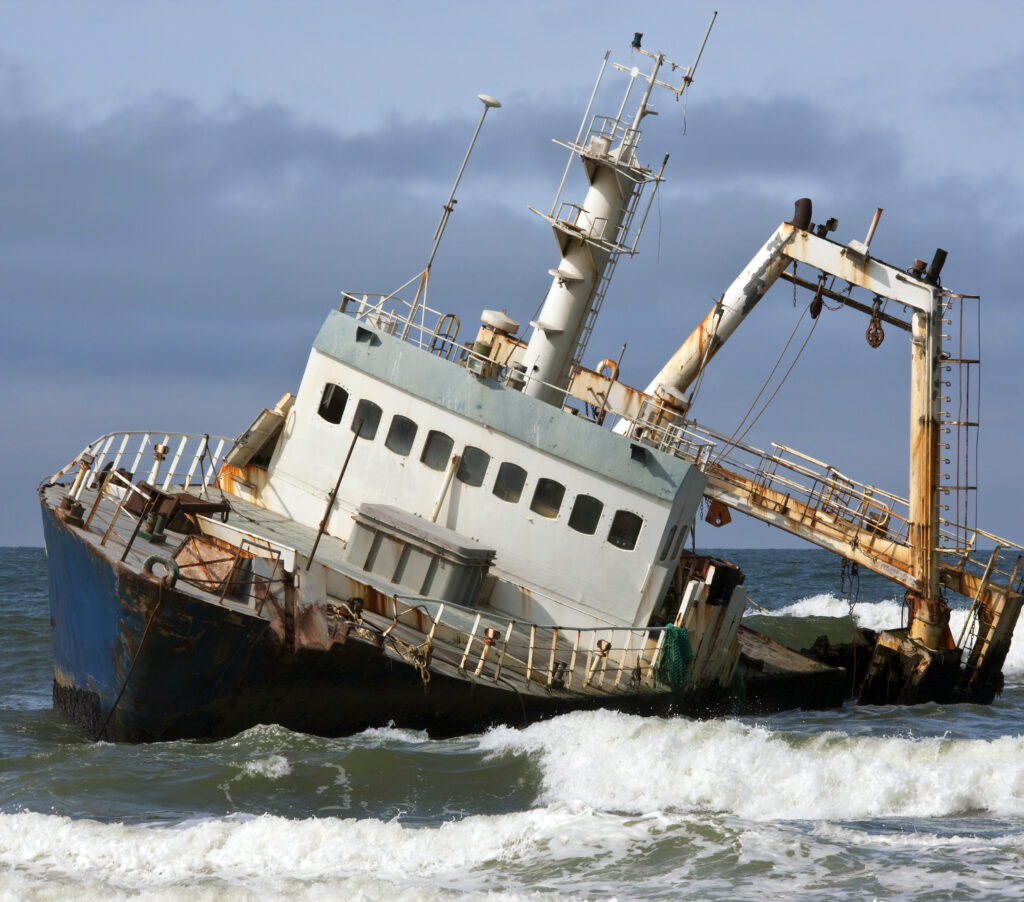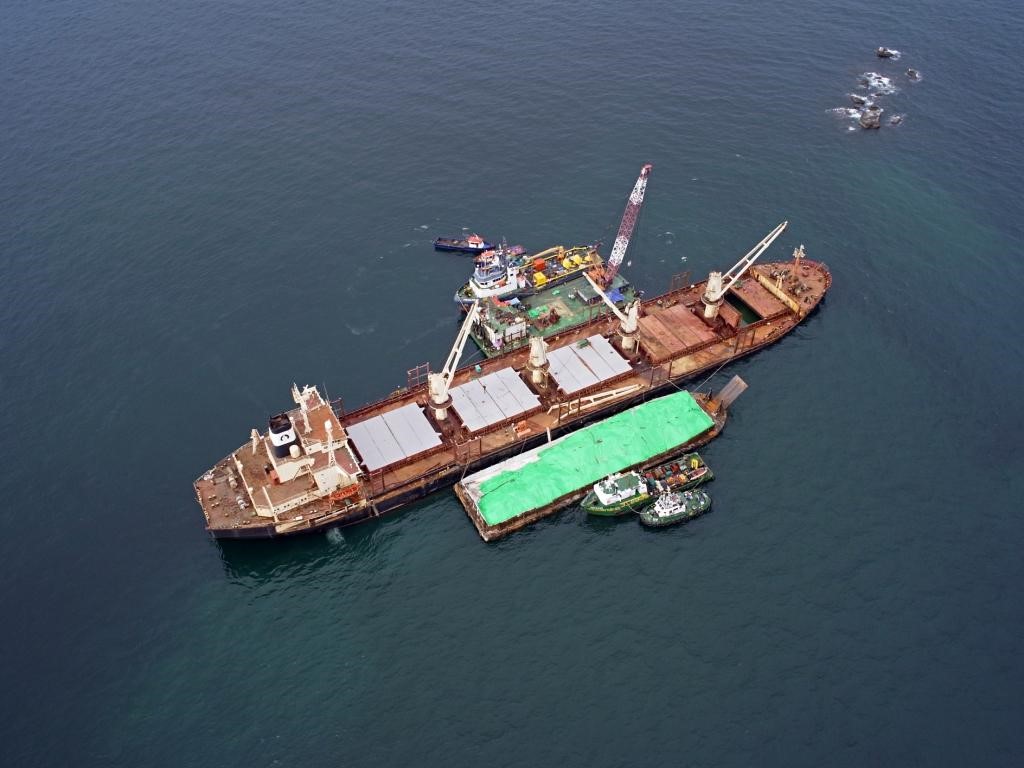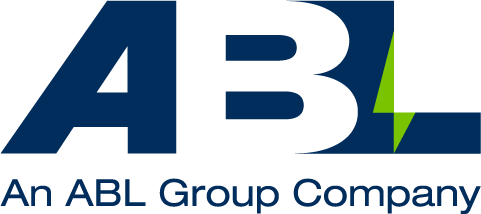LOF 2024 and the Lloyd’s Salvage Arbitration Clause (LSAC) 2024
Sink or swim for the salvage industry?
Insights from our Global Director for Salvage and Wreck Removal, Jason Bennett
“The Salvage Arbitration Branch administers Lloyd’s Open Form of Salvage Agreement (LOF) which has been the preferred contract of the professional salvage industry since its introduction in 1908. It provides a framework for determining the amount of remuneration to be awarded to salvors for their services in saving property at sea and minimising or preventing damage to the environment. It is today the most widely used international salvage agreement of its kind.”
Quote from Lloyd’s Salvage Arbitration Branch (LSAB)
The Salvage Arbitration Branch (SAB) of Lloyd’s recently launched updates to the Lloyd’s Open Form and the Lloyd’s Salvage Arbitration Clause – LOF 2024 and LSAC 2024. Whilst a welcome development that such an important mechanism to support the maritime industry in its times of need is being once more reviewed and adapted, what are the most recent adaptations all about?
Summary of the changes
The main changes can be found in the new Important Notice No. 5 which requires the Contractors and Owners of the Property to provide to the Council of Lloyd’s the following information:
- Environmental, Social and Governance (ESG) data relevant to the services rendered under the Agreement.
- Salved Values data, covering the amount and currency of property salved.
- Settlement data, covering the amount and currency of settlement, any apportionment of settlement as between ship, cargo, freight, bunkers, stores and others, and the date of settlement (with the last remaining party).
The relevant data are to be provided as soon as practicable after completion of salvage services, and in any event within the timeframes set out in clause 15.2 of the LSAC 2024. The information collected under this clause will be kept confidential and will only be used in an aggregated and anonymised way for statistical purposes, as clauses 15.3 and 15.4 of the LSAC explain.

As reported by Hugh Shaw, former UK SOSREP in his seminal report for the International Group of P&I Clubs (IGP&I), lack of transparency, lack of trust, and a reluctance to engage are often cited as present across stakeholders and, in addition to commercial considerations, may delay salvage responses. The provision of information, including settlement levels, where provided, helps address this aspect.
LSAC 2024, on the other hand, has undergone more substantive changes compared to LSAC 2020. The most important one appears to be the launch of the Fast-Track Documents Only (FTDO) procedure in clauses 8, 9 and 11 which replaces the old Fixed Cost Arbitration Procedure (FCAP).
How will this support global salvage
Whilst the LOF 2024 changes are not substantial, they do support more focus being cast on the value of the salvaged assets, versus scrutiny on lower costs to salve.

Whilst keeping costs to a minimum is always in the best interest of all parties involved in a salvage and wreck removal, it must never be at the expense or risk to the overall operation and efficacy of the process, nor at the detriment to the original value of an asset. Therefore, this clause, though minor in reading, we hope will implore the overall market to look objectively and impartially at the overall and long-term picture, rather than encouraging a race to the bottom in terms of price.
Why is this so important? International shipping and navigation only continue to become busier, with ships becoming larger and more complex in operations. Compounded with an appetite for change in terms of alternative fuelling, more automation, reduced or other growing issues with crew, the risk across our oceans, also increases. At the same time, we see the salvage industry challenged by reduced global income, probably at least partly from the reduced use of the LOF, consolidation in salvage companies, reduced competition from serious and reputable places, and conversely, market entry of new players with limited exposure to the market and more focus on commercial aspects. Reputable and effective new entrants are also noted, but the balance is overall a decrease in capacity or willingness to undertake and provide high standard salvage services. Conversely, recent years have seen a continuing and welcome decline in the number of ships lost, albeit partly offset by an increase in incident numbers – once again emphasising how critical global salvage is, and its regular review and ‘upkeep’ to keep pace with changing times.
LOF2024, if policed to a certain degree, is important in safeguarding the integrity of the industry – to take the best and most pragmatic decision necessary to salve the asset, with increased clarity and openness. The use of ‘commercial’ contracts, for Emergency Response, is unlikely to be reversed and they can indeed suit the occasion and be used effectively, as directly experienced by the author. But the propensity for negotiation delay or to become unsuited through changes in circumstances must be recognised. Adaptations to LOF and openness of process and values are welcomed if contributing to a balanced perception of contracts and their application.
The bigger amendment of the Fast-Track Documents Only (FTDO) to LSAC2024, designed to avoid expensive oral arbitration hearings in London, is one step taken to ease concerns over costs.
It may, though, have a wider impact on the salvage industry, misaligned to the above. There are rumblings that this may be seen as an ‘erosion’ of the salvor’s status. The FTDO means salvors would have to apply for the right to an oral hearing, where security demand is US$10 millions or less, rather than automatically having that right. Without a doubt this will reduce overall cost, particularly for cases taken through to Award by the Arbitrator. The vast majority of cases today are settled without needing arbitration. However, automatically defaulting all such LOF cases to a virtual review could also potentially undermine the salvor’s role as already suggested, and overlook more complex cases, once again switching the mentality to more cost over value.
Default clause
The precursor Fixed Cost Arbitration Procedure (FCAP) process did not enjoy unbound take up and did not achieve a hoped-for-revival of LOF or at least a decrease in resistance against its use. It is hoped that the replacement Fast-Track Documents Only (FTDO) clause can provide the comfort sought regarding the costs of using the form, for suitable cases.
One aspect little addressed is that for LOF to work effectively from start to finish, all parties benefit from having experienced practitioners active in its application both whilst the emergency is ongoing and through to close out – be it to ease an efficient settlement or arbitration. The arbitrators themselves need to be kept sufficiently active and their knowledge and its application alive. I do not know what the ‘critical number’ of cases is but particularly with LOF, more akin to a ‘living process’ than simple contract, there is one. Once a suitable body of living knowledge, applied effectively, is lost it will not return.
Salvaging the Lloyd’s Form
Our founding motto to seek the truth, means that we at ABL are firmly rooted in our commitment to find the best and correct technical solution to any maritime challenge, impartial to any external or commercial influence. This of course extends to our work in supporting salvage and wreck removal cases.

We, therefore, are pleased to see the ongoing work to protect the Lloyd’s Open Form and the Lloyds Salvage Arbitration Clauses, whilst moving to address stakeholder concerns.
Both Form and Clauses are key structures that reflect the critical nature of salvage and serve to protect shipping, and all stakeholders, within it or affected by a casualty.
We also need to be careful not to erode the importance of the individual salvor and their expertise, nor others in the process. The amendments may encourage the needed uptake in LOF, as a key component in the toolkit available to shipowners and insurers to secure the correct response. The amendments could, potentially, contradict one another in the long run, and it is hoped that the new changes, involving increased transparency, provision of information and a potential reduction in process costs do work to sustain a viable and invaluable part of global response capability to shipping casualties.
At ABL we have long supported this industry with involvement in some of the largest, most challenging, demanding and sensitive emergency response and wreck removal incidents. LOF2024 is very welcome in placing more importance on the salved assets’ value and continuing the availability of information and transparency sought by stakeholders. However, for that really to make a material difference on the market, we need to see this take up in practice.
Find out more about ABL’s legacy in salvage and wreck removal support and contact our global team for more details on how we can support your:

Global Director for Salvage and Wreck Removal
